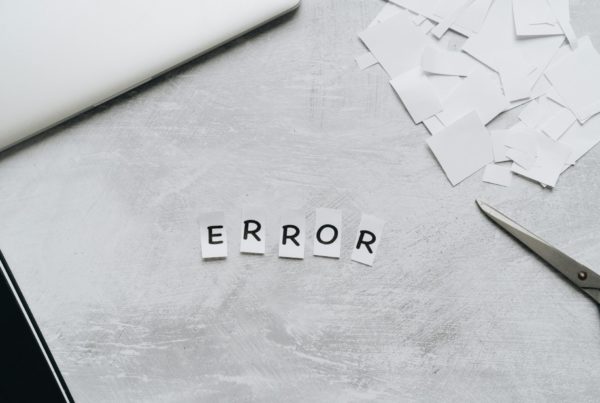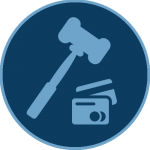Financial Habits For Success
In today’s fast-paced world, managing your finances effectively can be a challenging task. Understanding the psychology of money and debt is crucial for breaking bad financial habits and achieving financial stability. In this article, we’ll delve into the intricate relationship between money psychology, debt habits, and financial behavior, offering valuable insights and strategies to help you overcome debt. Plus, we’ll introduce you to Credit Dispute’s Canadian credit report error correction service, a powerful tool to enhance your financial well-being.
The Psychology of Money
Understanding the psychology of money is the first step in addressing and rectifying debt-related issues. Money psychology encompasses the emotions, thoughts, and behaviors that influence our financial decisions. These psychological factors can either lead to prudent financial choices or contribute to mounting debt.
Money and Emotions
Our emotions play a significant role in how we manage money. Feelings of fear, stress, or even joy can impact financial decisions. For example, stress might lead to impulsive spending, while fear can result in hoarding money and missing investment opportunities.
Money and Self-Worth
Many people tie their self-worth to their financial status. This can lead to irrational spending patterns as individuals attempt to bolster their self-esteem through material possessions. Understanding that your value isn’t solely determined by your finances is a crucial step in breaking bad money habits.
Money and Social Pressure
Social pressures can also influence financial behavior. Keeping up with the Joneses can lead to overspending and accumulating debt. Recognizing these external pressures and learning to resist them can help you regain control over your finances.
Breaking Bad Debt Habits
Now that we’ve explored the psychology of money, let’s focus on breaking bad debt habits. Whether you’re struggling with credit card debt, loans, or other financial obligations, these strategies can help you regain financial stability.
Create a Budget
One of the most effective ways to overcome debt is by creating a budget. Track your income and expenses, categorize your spending, and identify areas where you can cut back. A well-structured budget will help you allocate resources efficiently and pay off your debts faster.
Prioritize High-Interest Debts
If you have multiple debts, prioritize paying off those with the highest interest rates first. This approach can save you money in the long run by reducing the total interest you’ll pay.
Build an Emergency Fund
Establishing an emergency fund is crucial to avoid falling back into debt. Having a financial safety net will help you cover unexpected expenses without resorting to credit cards or loans.
Seek Professional Help
If your debt situation is overwhelming, consider seeking professional assistance from credit counseling services. They can provide guidance and create a debt repayment plan tailored to your specific needs.
Applying for Credit Dispute’s Credit Report Error Correction Service
At Credit Dispute, we understand the importance of a clean and accurate credit report. Errors on your credit report can hinder your financial progress and impact your ability to access credit at favorable terms. That’s why we offer a specialized credit report error correction service to help you correct inaccuracies and improve your credit score.
Our expert team will review your credit report, identify errors or discrepancies, and work diligently to have them corrected. A more accurate credit report can lead to better loan terms, lower interest rates, and improved financial opportunities.
Ready to take control of your financial future? Don’t let credit report errors hold you back. Apply online for Credit Dispute’s credit report error correction service today. Take the first step towards financial freedom and a brighter financial future.
Conclusion
Understanding the psychology of money and debt is essential for breaking bad financial habits and achieving financial well-being. By recognizing the emotional, societal, and personal factors that influence your financial decisions, you can take proactive steps to regain control of your finances. Additionally, by following practical strategies like budgeting, prioritizing high-interest debts, and building an emergency fund, you can pave the way for a debt-free future.
Don’t let financial stress and debt weigh you down. Take action today and apply for Credit Dispute’s credit report error correction service to ensure that your credit report accurately reflects your financial history. A small step like this can have a significant impact on your overall financial health and open up new opportunities for a brighter financial future.







